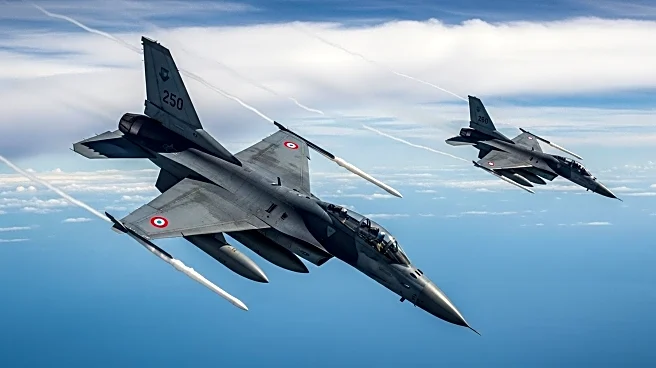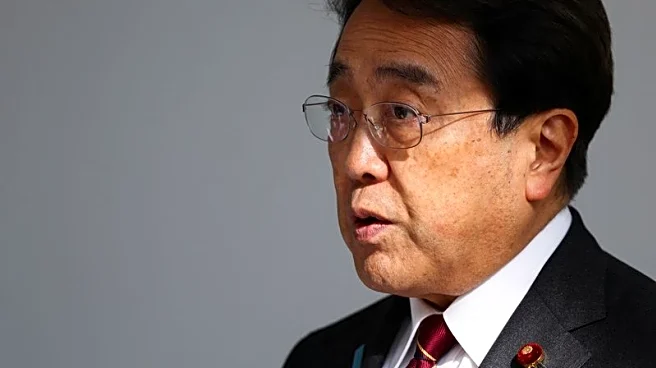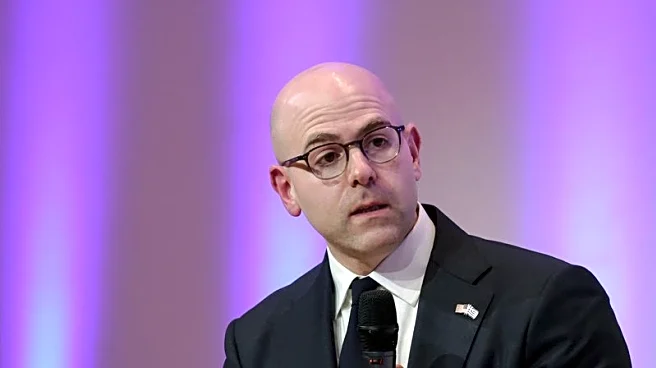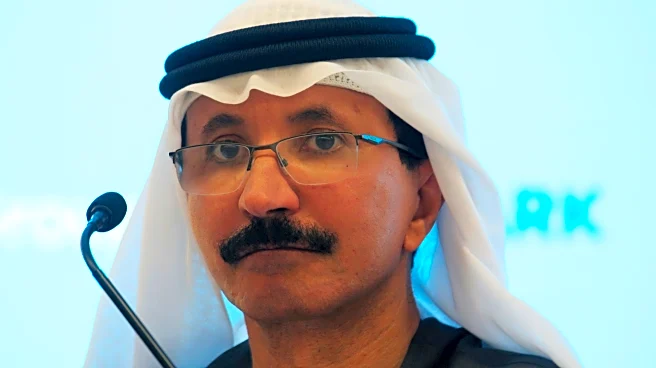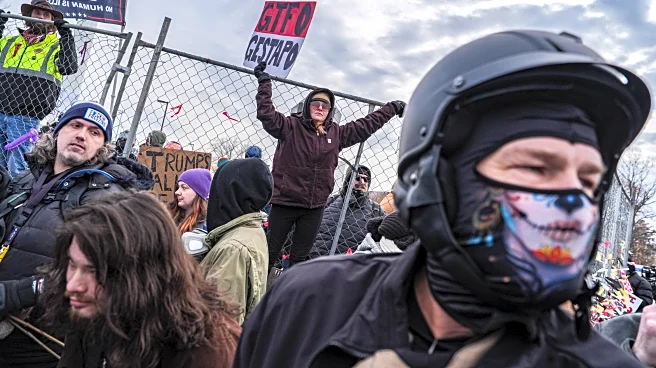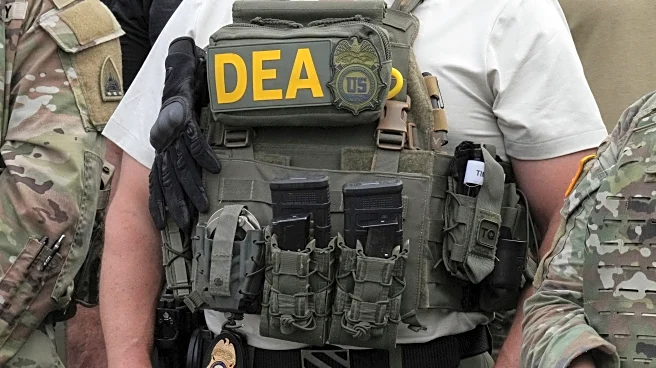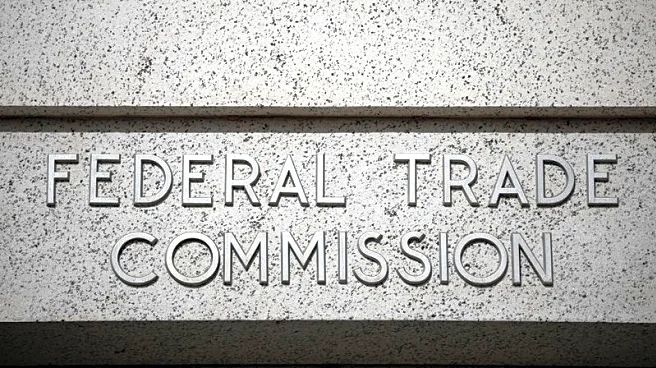What is the story about?
What's Happening?
NATO allies are reportedly discussing the possibility of allowing pilots to shoot down Russian aircraft, as tensions with Moscow escalate due to alleged airspace violations, drone swarms, and sabotage plots in Europe. According to the Financial Times, unnamed NATO officials have suggested deploying armed drones along the Russian border as part of a tougher stance against Moscow. The alliance is concerned about the asymmetric costs of scrambling fighter jets to intercept drones and is seeking a financially sustainable solution. Russia has dismissed the accusations and warned that any action to shoot down its aircraft would be a serious escalation, potentially leading to open conflict. The situation between NATO and Russia is increasingly being characterized as a form of war, although no formal declaration has been made by either side.
Why It's Important?
The discussions within NATO about potentially engaging Russian aircraft highlight the growing risk of direct conflict between two nuclear-armed entities. This development could significantly impact global security dynamics, as any escalation might lead to broader military engagements. The potential for conflict underscores the importance of diplomatic efforts to de-escalate tensions and prevent a military confrontation. The situation also raises concerns about the financial implications for NATO countries, as they seek cost-effective measures to address security threats posed by drones and airspace violations. The outcome of these discussions could influence defense policies and military strategies across Europe and beyond.
What's Next?
If NATO decides to ease the rules of engagement for pilots, it could lead to increased military activity along the Russian border, heightening the risk of confrontation. The alliance may also explore further deployment of drones and other technologies to enhance border security. Political leaders and defense officials will likely continue to assess the situation and consider diplomatic channels to address the tensions. The international community will be closely monitoring these developments, as any escalation could have far-reaching consequences for global peace and stability.
